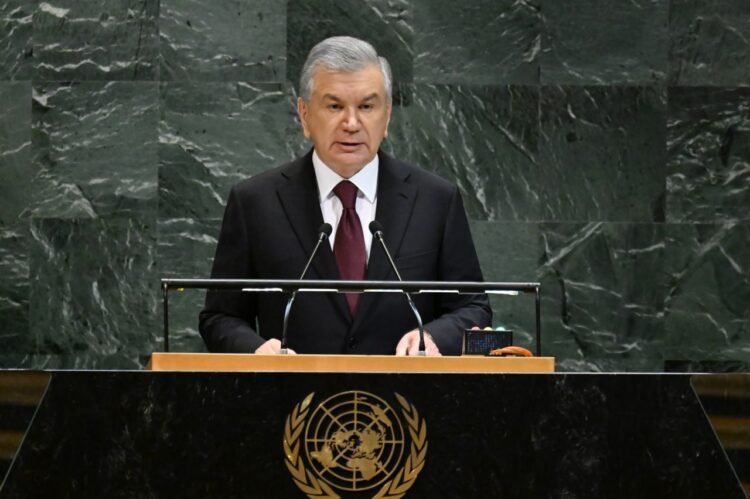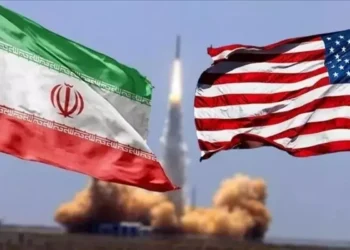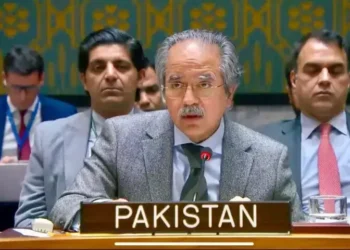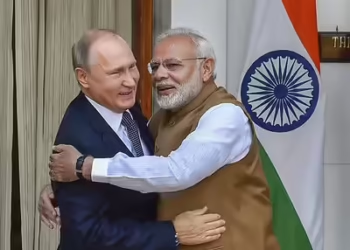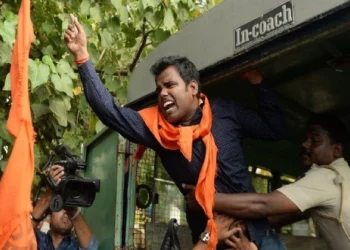NEW YORK; At the 80th United Nations General Assembly session in New York, Uzbekistan’s President outlined his country’s reform progress and urged stronger global cooperation to tackle security, climate, and development challenges.
The president noted that the UN faces an increasingly fragile world order marked by conflicts, inequality, and humanitarian crises. He praised Secretary-General António Guterres’ efforts to preserve the UN’s central role and expressed support for the UN80 Initiative and the Pact for the Future. Calling for Security Council reform, he stressed the need to expand representation for developing nations.
Highlighting Uzbekistan’s domestic achievements, he said poverty had fallen from 35% to 6.6% due to investments in education, science, green energy, small businesses, and job creation. Preschool enrollment rose from 27% to 78%, while higher education participation increased to 42%. He proposed hosting a World Summit on Professional Education in Uzbekistan and announced a UN-backed event on combating childhood cancer.
On regional issues, he described Central Asia as “a region of peace and partnership,” citing expanded trade, infrastructure projects, and the effectiveness of leaders’ consultative meetings. He proposed UN-supported initiatives including a green technology hub, water-saving programs, and an international forum on Central Asia’s economic development.
Turning to global crises, the president stressed support for a two-state solution in Palestine, an end to hostilities in Gaza, and a peaceful settlement of the Ukraine conflict. He also urged Afghanistan’s integration through transport and energy projects, warning against its isolation.
Climate change, water scarcity, and migration were highlighted as urgent priorities. Uzbekistan plans to host a World Forum on Water Saving and continue restoration of the Aral Sea ecosystem, aiming to green 80% of its dried seabed by 2030.
He proposed new global mechanisms on transport security, digital equality, and artificial intelligence cooperation in health, education, and culture. On youth, he suggested creating a World Youth Movement for Peace headquartered in Uzbekistan.
Concluding, the president emphasized Uzbekistan’s commitment to tolerance, Islamic enlightenment, and inter-civilizational dialogue. “The New Uzbekistan stands for solidarity, open dialogue, and universal human goals,” he declared.




















































